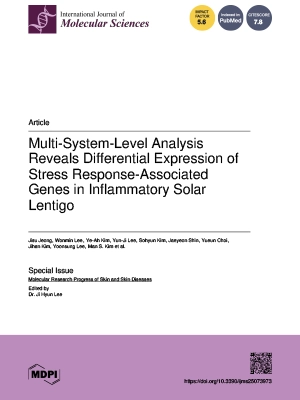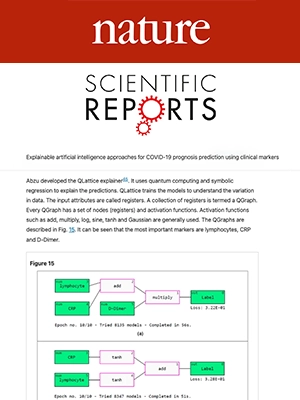Paris Charilaou, Sonmoon Mohapatra, Sotirios Doukas, Maanit Kohli, Dhruvil Radadiya, Kalpit Devani, Arkady Broder, Olivier Elemento, Dana J Lukin, Robert Battat. Journal of Gastroenterology and Hepatology, (2022).
Abstract.
Background and aim.
Data are lacking on predicting inpatient mortality (IM) in patients admitted for inflammatory bowel disease (IBD). IM is a critical outcome; however, difficulty in its prediction exists due to infrequent occurrence. We assessed IM predictors and developed a predictive model for IM using machine-learning (ML).
Methods.
Using the National Inpatient Sample (NIS) database (2005–2017), we extracted adults admitted for IBD. After ML-guided predictor selection, we trained and internally validated multiple algorithms, targeting minimum sensitivity and positive likelihood ratio (+LR) ≥ 80% and ≥ 3, respectively. Diagnostic odds ratio (DOR) compared algorithm performance. The best performing algorithm was additionally trained and validated for an IBD-related surgery sub-cohort. External validation was done using NIS 2018.
Results.
Conclusions.
An online prediction-model calculator captured > 80% IM cases during IBD-related admissions, with high discriminatory effectiveness. This allows for risk stratification and provides a basis for assessing interventions to reduce mortality in high-risk patients.












